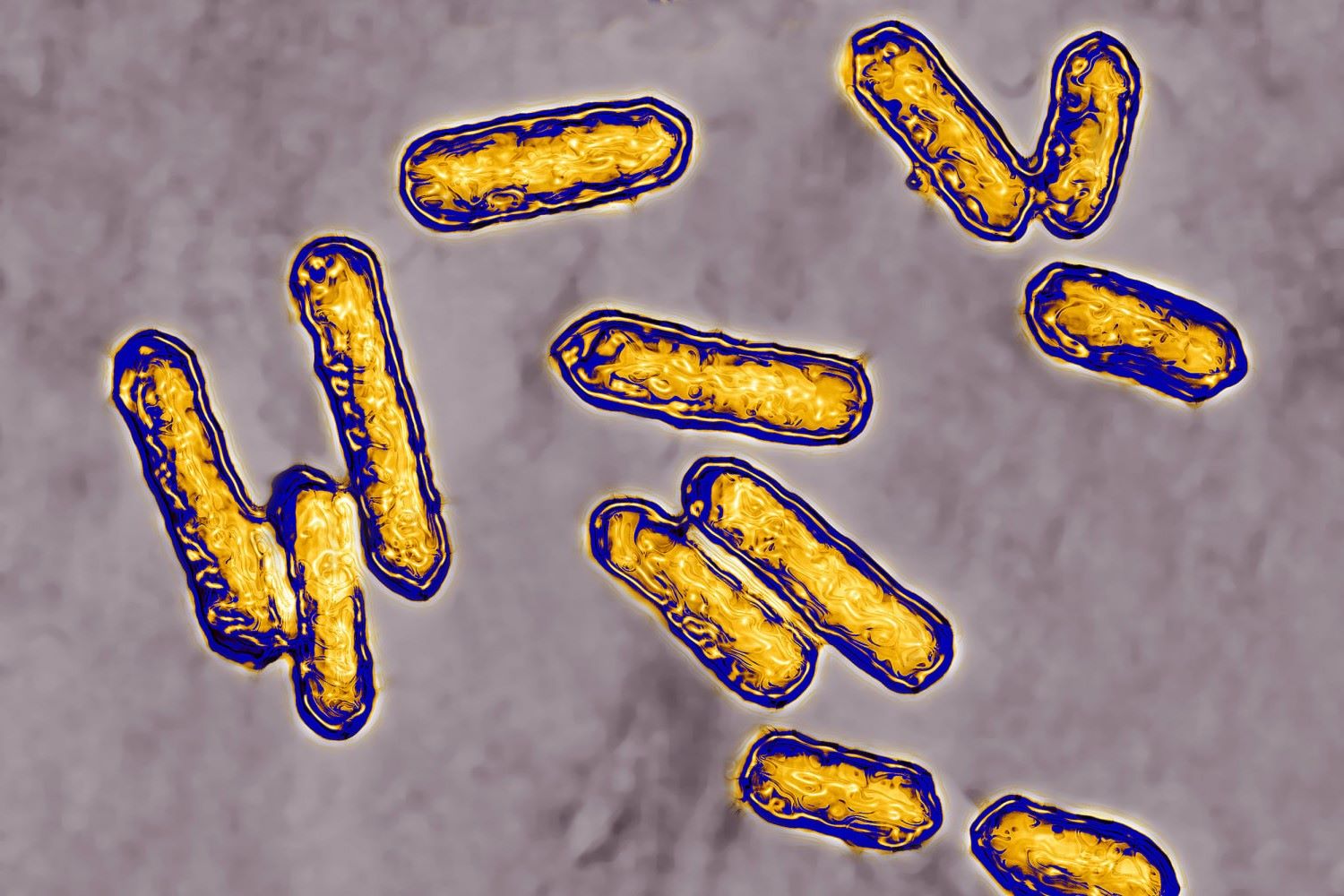
How long does it take for Listeria symptoms to appear? Understanding the Listeria incubation period is crucial for anyone concerned about food safety. Listeria, a harmful bacterium found in contaminated food, can cause serious illness, especially in pregnant women, newborns, older adults, and those with weakened immune systems. Symptoms typically appear within 1 to 4 weeks after consuming contaminated food, but they can also show up as early as a few days or as late as 70 days. Knowing this range helps in identifying the source of infection and taking timely action. Stay informed to protect yourself and your loved ones from this sneaky pathogen.
What is Listeria?
Listeria is a type of bacteria that can cause a serious infection called listeriosis. This infection is often contracted through contaminated food. Understanding the incubation period of Listeria is crucial for preventing and managing outbreaks.
How Long is the Incubation Period?
The incubation period for Listeria can vary, making it a bit tricky to pinpoint exactly when someone was exposed. Here are some key facts about this period:
-
Incubation Range: The incubation period for Listeria typically ranges from 3 to 70 days. This wide range can make it difficult to trace the source of infection.
-
Average Incubation: On average, symptoms appear about 1 to 4 weeks after exposure. However, some cases have reported symptoms as early as a few days or as late as two months.
-
Influencing Factors: The length of the incubation period can be influenced by factors such as the amount of bacteria ingested and the individual's immune system.
Symptoms of Listeriosis
Recognizing the symptoms of listeriosis can help in early diagnosis and treatment. Here are some common symptoms to watch for:
-
Flu-like Symptoms: Initial symptoms often resemble the flu, including fever, muscle aches, and fatigue.
-
Gastrointestinal Issues: Some people may experience nausea, vomiting, and diarrhea, which can occur before more severe symptoms develop.
-
Severe Complications: In severe cases, listeriosis can lead to meningitis, septicemia, or complications during pregnancy, which can be life-threatening.
Who is at Risk?
Certain groups of people are more susceptible to Listeria infections. Understanding who is at risk can help in taking preventive measures.
-
Pregnant Women: Pregnant women are about 10 times more likely to get listeriosis. The infection can lead to miscarriage, stillbirth, or premature delivery.
-
Newborns: Newborns can contract Listeria from their mothers during childbirth, leading to severe infections.
-
Elderly and Immunocompromised: Older adults and those with weakened immune systems are at higher risk of severe illness from Listeria.
How is Listeria Diagnosed?
Diagnosing listeriosis involves several steps, often starting with a medical history and physical examination.
-
Blood Tests: Blood tests are commonly used to detect Listeria bacteria in the bloodstream.
-
Spinal Fluid Tests: In cases of suspected meningitis, a spinal fluid test may be conducted to check for Listeria.
Treatment Options
Listeriosis can be treated effectively if caught early. Here are some common treatment methods:
-
Antibiotics: The primary treatment for listeriosis is antibiotics. Early treatment can prevent severe complications.
-
Supportive Care: In severe cases, hospitalization and supportive care, such as intravenous fluids and pain management, may be necessary.
Final Thoughts on Listeria Incubation Period
Understanding the Listeria incubation period is crucial for preventing and managing infections. This period, typically ranging from a few days to several weeks, can vary based on individual health and the amount of bacteria ingested. Recognizing symptoms early, such as fever, muscle aches, and gastrointestinal issues, can lead to timely medical intervention. Pregnant women, newborns, elderly individuals, and those with weakened immune systems are particularly vulnerable.
Preventing Listeria infection involves proper food handling, cooking, and storage practices. Avoiding high-risk foods like unpasteurized dairy products and deli meats can significantly reduce the risk. Regularly cleaning kitchen surfaces and utensils also helps in minimizing contamination.
Staying informed about Listeria and its incubation period empowers you to take proactive steps in safeguarding your health. By following these guidelines, you can reduce the risk of infection and ensure a safer environment for yourself and your loved ones.
Was this page helpful?
Our commitment to delivering trustworthy and engaging content is at the heart of what we do. Each fact on our site is contributed by real users like you, bringing a wealth of diverse insights and information. To ensure the highest standards of accuracy and reliability, our dedicated editors meticulously review each submission. This process guarantees that the facts we share are not only fascinating but also credible. Trust in our commitment to quality and authenticity as you explore and learn with us.


